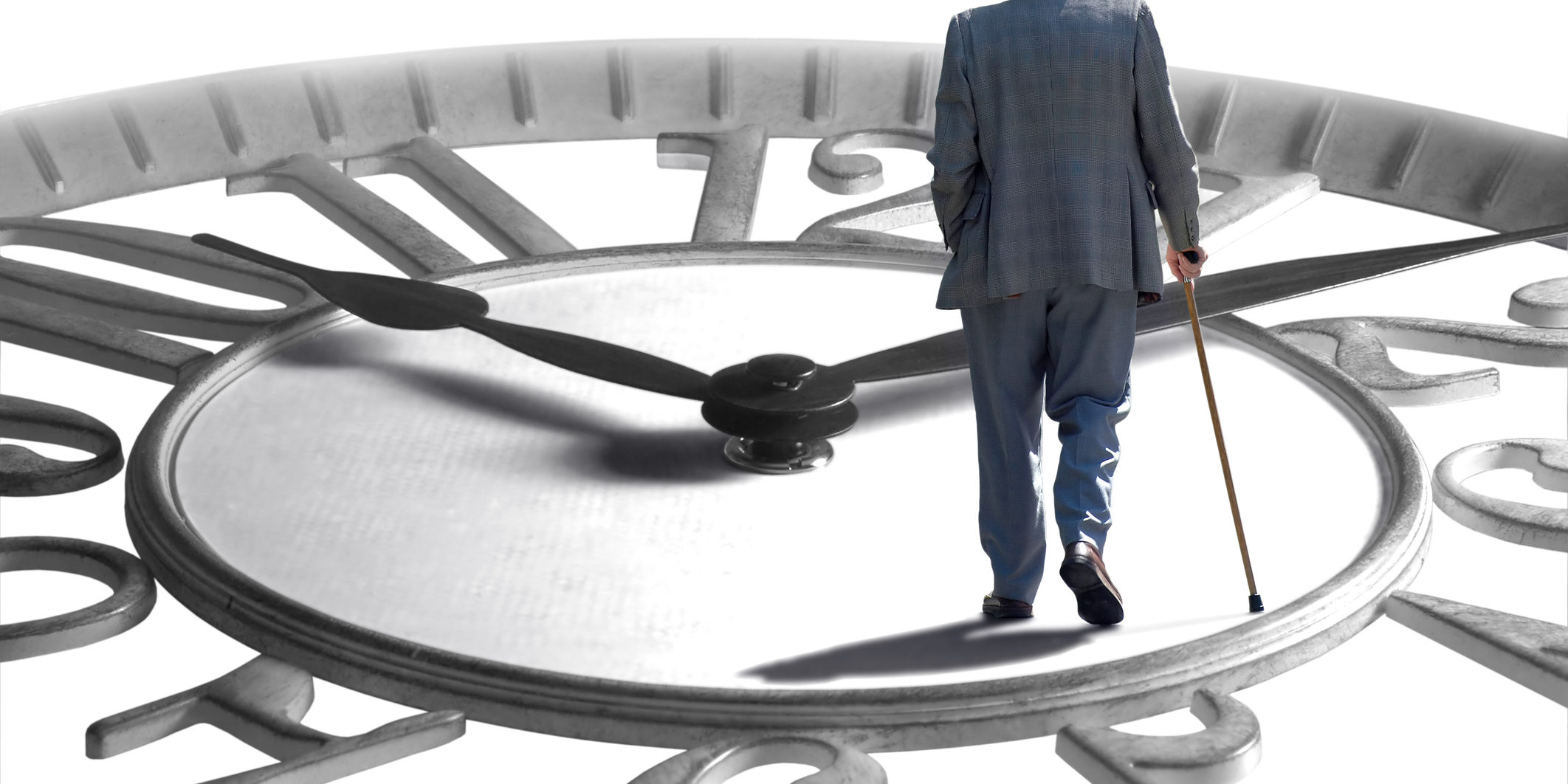My new life as a caregiver happened suddenly. My husband had a stroke, was paralyzed from the neck down, and struggled to speak. He obviously needed 24-hour care, but for many ailing loved ones, the need for extra care happens slowly.
A beloved parent may begin to forget things or have an increasingly difficult time getting out of the car. Their house may become messier or bills may start going unpaid. The change can be gradual and difficult to see, especially if you don’t live nearby, but even if you do, the need for care may not be obvious. A parent or loved one might want to keep their worsening health a secret or may not consider it poor enough to require any changes.
In addition, relatives may see the situation differently. One sibling may think their father is fine, while the other worries that driving is no longer safe for him.
So what can you do? How do you determine when to step in as a caregiver? What are the clues that caregiving needs to become part of you and your loved one’s lives?
1) Be Alert for Lifestyle Changes
If your aunt has always played bridge with friends on Sunday nights, and no longer chooses to do so, it could be because her interests have changed, but it also could be that life has become more difficult. She may not be able to manage quick conversation with her friends or perhaps driving at night has become a challenge. Keep an eye out for reduced socializing. If someone is withdrawing from the world, they may need someone to step forward and connect with them. By taking the time to look, you may notice that your aunt is suffering from mental or physical ailments that require extra help to address.
2) What About Appearances?
Similarly, changes both to someone’s physical appearance or to the look of their home can be a clue to deteriorating health. If the state of their home or yard has altered, they may no longer be able to keep up with household chores or yard work. Or maybe their personal cleanliness habits have changed. If they don’t seem to be bathing, daily tasks might have become too physically challenging. Or perhaps they seem to be choosing the wrong clothes for the weather or an outing, which may mean that memory loss is affecting them. Similarly, if a loved one begins to look like they’ve lost weight, it might be a sign that they aren’t eating well, or if you notice bruises, falls may be a problem. So, take stock of your loved one’s appearance in multiple areas, because looks can be a vital clue in assessing health.
3) Consider the Three D’s
Dementia, depression, and driving issues—all three can be signs that help is needed. Developing dementia may be indicated by increased forgetfulness in conversation or a problem with missed medications or unpaid bills. Regular caregiving may be required to make sure medications are taken and bills are paid. Depression is a red flag that more care is needed, because it often stems from loneliness. Even if your loved one is in good physical health, caregiving intervention can ensure they also have enough social contact to avert the deleterious effects of isolation, which tends to become increasingly problematic with age. Services like Meals on Wheels can be hugely beneficial, because both food and a little bit of company are provided. And if dents are appearing on their car or if taking a drive with them becomes a frightening adventure, a caregiver may be needed to take over the driving.
In all of these cases, your loved one’s caregiving needs may be small at first, at least compared to the intense caregiving that can be required after a sudden illness, but they will also likely grow over time. Beginning small can be a blessing though. If you take on the role of caregiver even just through a monthly visit to make sure bills are paid, you’ll develop a new closeness with your loved one that will likely become a treasured part of your relationship. It won’t necessarily be easy. Emotions can run hot with these changes, but it’s important to begin them anyway. By doing so, you’ll have taken the first step into caregiving and be present to observe further changes, so that you’ll know when even more help is needed.
Thank you for reading, please share with a friend, and be well! —KK
Please consider making a donation to the Kathi Koll Foundation so you can help make a difference in struggling family caregivers’ lives. Thank you!
Photo 3074698 / Time © Edwin Verin | Dreamstime.com


